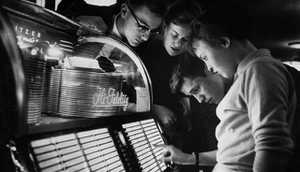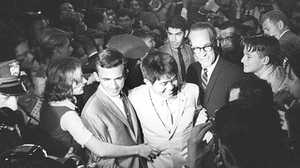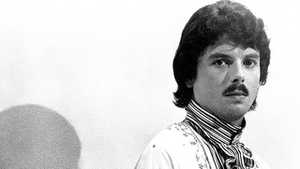School is out. Studio 54 is in session.
By Marco Werman
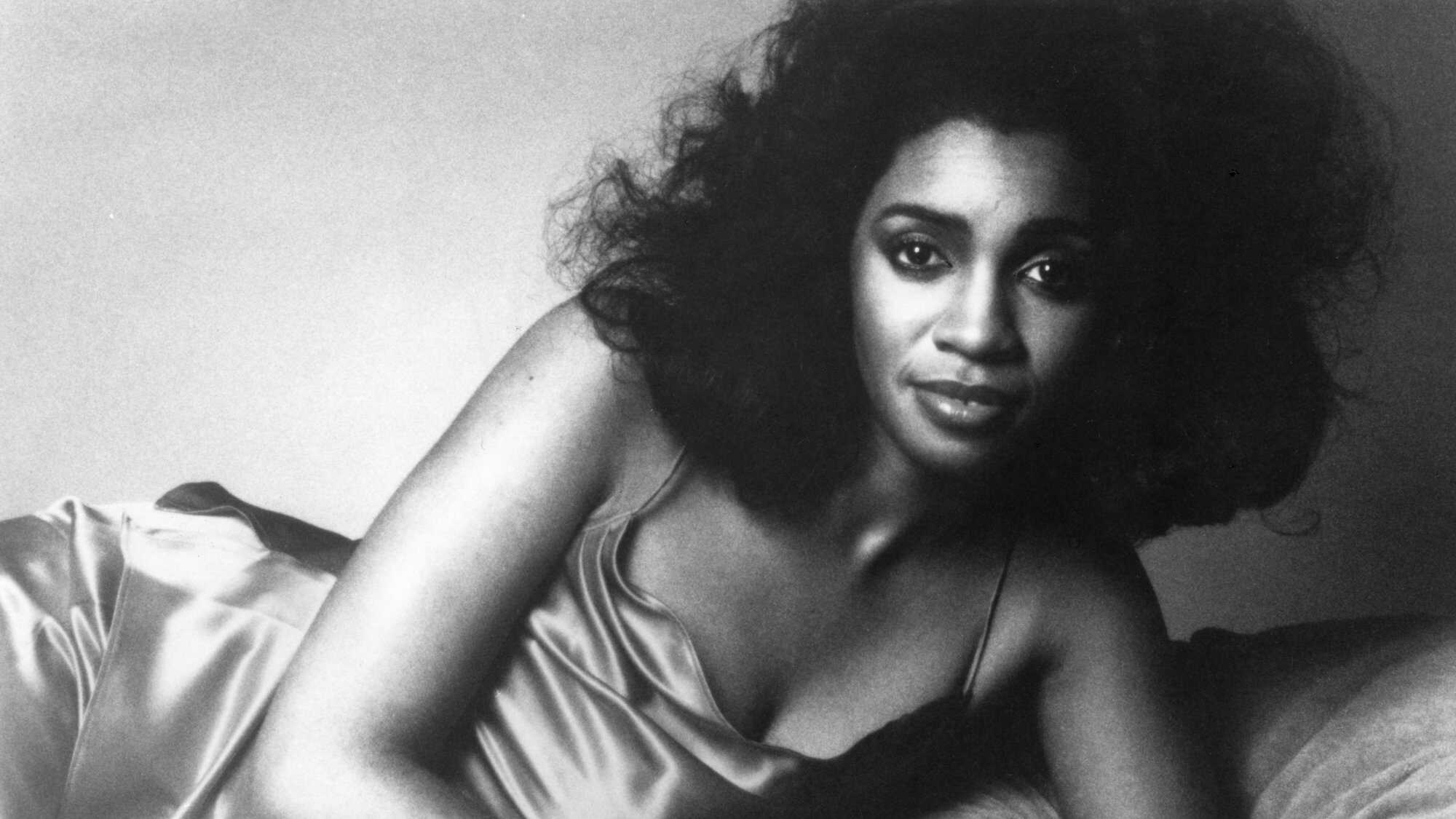
I happily admit I love disco. Not all of it. A few rock acts like the Rolling Stones, the Grateful Dead, and Rod Stewart failed when they tried to do it. I never cared for Abba’s version; most non-soul rooted iterations rang cheesy to my ear. But I've got probably 20 desert island tracks in my head that qualify as pure disco, and one of them is Anita Ward’s 1979 summer smash hit “Ring My Bell.”
It was the year I turned 18, my last living at home in Raleigh, North Carolina. It was also the year I started going out to nightclubs, where disco dominated the soundtrack. All those scenes in Saturday Night Fever? I can totally relate because I was there and living it. I even worked as a busboy for a few months at a discotheque with a raised flashing dance floor, always packed; each night, I navigated through the hustle with a tub full of glasses and empties.
But this was Raleigh, not New York, Eliot’s Nest, not Studio 54, where busboys wore tight silver lame gym shorts and not much else. The summer of ‘79, I decided I had to see the Emerald City of disco for myself. So after high school graduation, my bud George and I headed to New York for a week of fun before starting summer jobs and then college.
I was born in New York and lived there until I was 6. I had been back several times; in fact, the first time I saw Saturday Night Fever was at a packed Loew’s on East 86th Street. But now I was a freshly-minted graduate — basically an adult — and I was going to Studio 54. Wearing wrinkled khakis and faded blazers, George and I approached the velvet rope and the notorious admitting guru. “You two preppies — you…” he said, beckoning. (It turned out to be that easy.)
Later, we’d look back on Studio 54 and see what the disco generation was really about: a commodified and cocainized version of the love generation ten years before. But that night, it was fresh and smelled of glamour and freedom. We stayed until 4 a.m., dancing to Chic, Sylvester, and, of course, Anita Ward’s “Ring My Bell.”
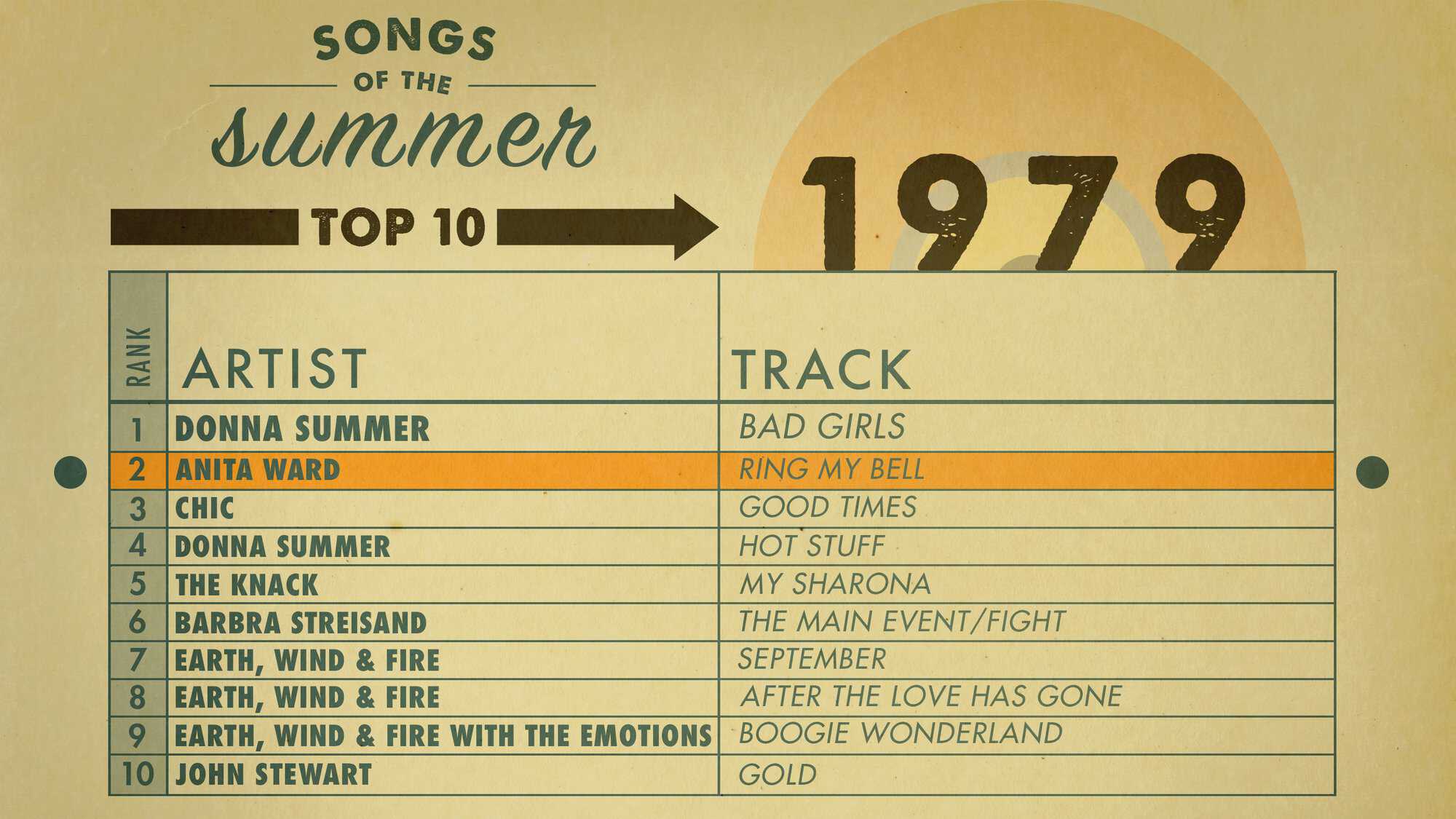
The song followed us the rest of that sunny week in the city. We walked everywhere, and no matter where we wandered, there it was. It came out of taxi cab windows, bodegas, electronics shops (they loved demo-ing their gear with the bell and the “beeew” at full blast), out of boomboxes (especially boomboxes), and, of course, onto dance floors.
There was that hook, that bell, the most simple percussion of all. There was that strange but catchy decaying tone on the fourth beat, copping a sound from the popular Space Invaders video game. And there was that sultry, almost breathy chanteuse-like voice exclaiming, “I'm glad you're home, now did you really miss me?” — driving through more lyrical foreplay until the hook and more bells.
As catchy it was, it would be easy to dismiss “Ring My Bell” — like a lot of disco hits — as part of a ‘70s fad. But there's actually a lot going on in the song.
I recently heard a new cover of it by New York cabaret innovator Sxip Shirey, which brought out the song’s gospel roots — the melody hitting those minor blue notes, while the lead vocalist is supported by an on-point church choir. If you listen carefully to Anita Ward’s version, you can hear that gospel core; she managed to honor that tradition, even though her original take has “disco diva” written all over it.
And then there’s the song’s sexual innuendo. In the late ‘70s, the media was obsessed by a new cultural phenomenon: the female orgasm. But it was more than fodder for magazine writers, as many women realized for the first time that men ain't the only ones who should get a turn. “Ring My Bell” was the sound of that realization — though interestingly enough, it almost wasn’t heard.
The song was originally written for a then-12-year-old Stacy Lattisaw, with lyrics about kids talking on the telephone — the initial “bell” of reference. When Lattisaw jumped labels, the song stayed at Juana Records, and writer Frederick Knight offered it to Anita Ward with new “grown-up” lyrics. Ward, a schoolteacher trying to break into the music biz, wasn't crazy about them or the song, but Knight convinced her to record it.
“Ring My Bell” would turn out to be Ward’s only hit. In fact, she barely made another record. It was the beginning of the end for disco, too; by the close of the summer of ‘79, the sagging music business had found a new friend in Michael Jackson and his album “Off the Wall.” Platinum became the new gold, hip-hop was about to sample all the old disco material, and a new chapter in music was starting.
Ward’s chart-topper was one of the last disco hits I really liked. Soon after, I drifted toward the blues, funk, and improvisational genres like jazz and reggae. Later, volunteering with the Peace Corps in West Africa, I discovered a universe of unfamiliar and compelling sounds. There I would learn that in the music of the Ewe people of Togo and Ghana, the bell underpins the rhythm and even the melody.
The sound of that ancient instrument calls attention and brings people together. Whether it's the intro pattern for a village dance, or the arrival of a Good Humor truck, or the hook to a sexy tune that makes you want to shake it up, the bell says “I'm ready to move.” That's what I felt viscerally in the streets of New York City in June of 1979 — thanks to Anita Ward and some really good weather.
Listen to the completete top ten from the summer of 1979 on Spotify.

Marco Werman began his journalism career at 16 as a copy-boy at the News and Observer in Raleigh, North Carolina. He has since worked in documentary photography, print, radio and television. He served as a producer for the BBC World Service, and a correspondent for Monitor Radio in Rome. He is currently the host of PRI’s The World.
Roll down the windows, turn up the volume and prepare to sing along as American Experience celebrates the music of the season with Songs of the Summer.
In 1958, Billboard launched its Hot 100, chronicling the songs that were flying off record store shelves, playing non-stop on juke boxes, and blaring through radio speakers. Almost sixty years on, how we listen to music and how we track a song’s success may have changed, but music remains a powerful force in our culture. Every Friday from June 2 through August 25, we’ll reveal one iconic song that hit the charts, accompanied by commentary from some of our favorite music writers. Explore our historical mixtape, and check back each Friday for our next track.
Published July 7, 2017.




